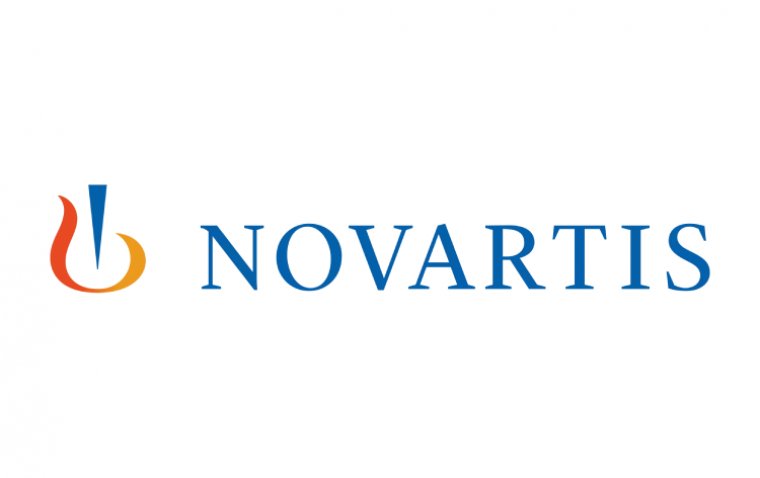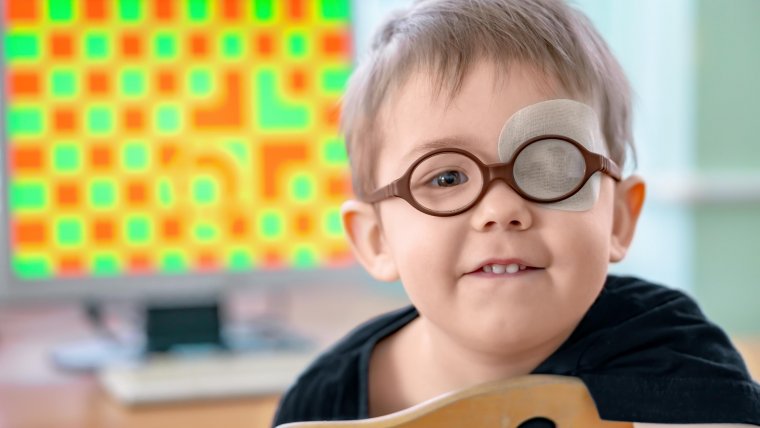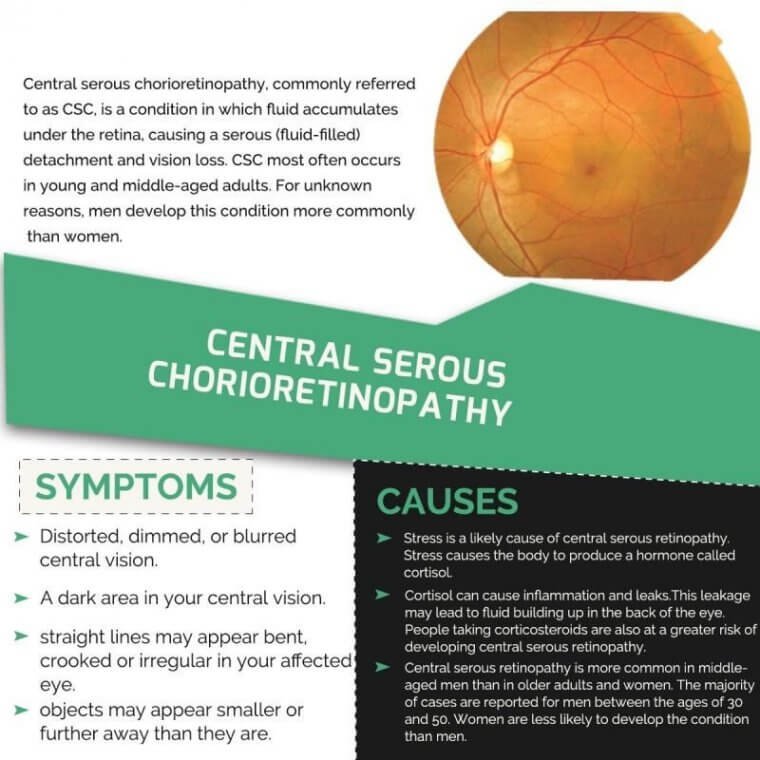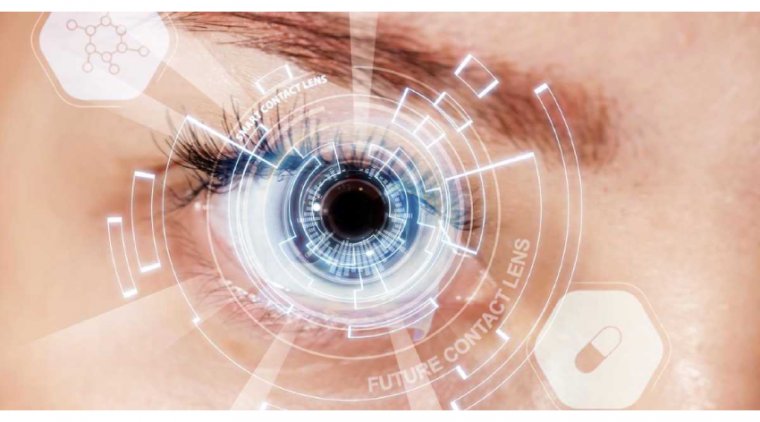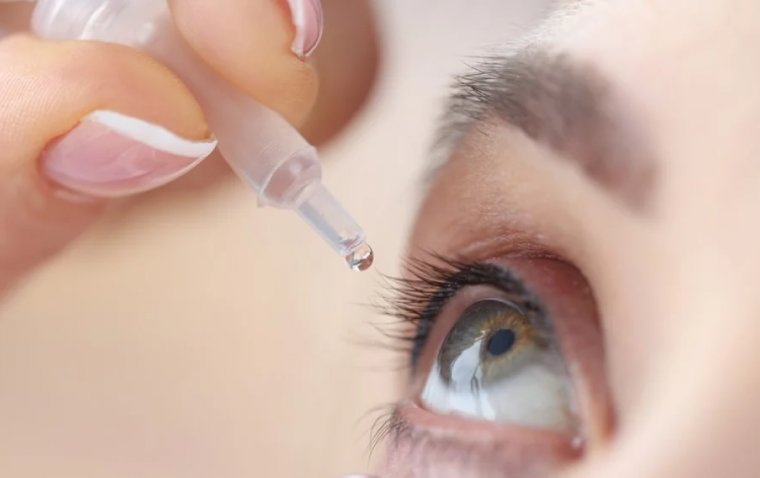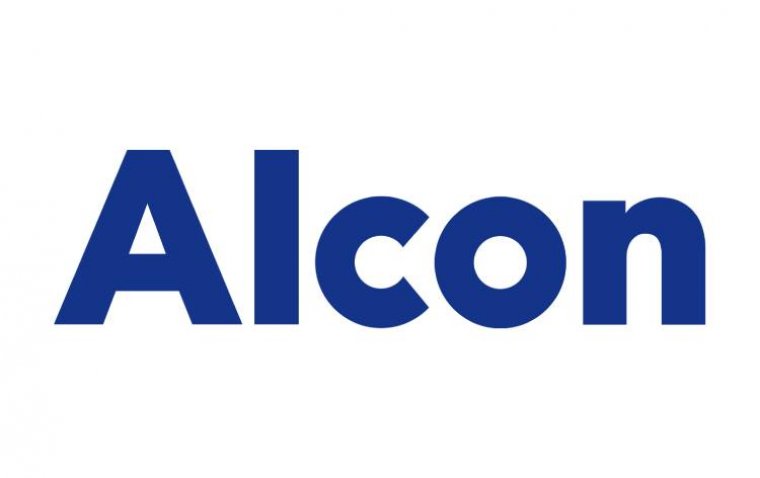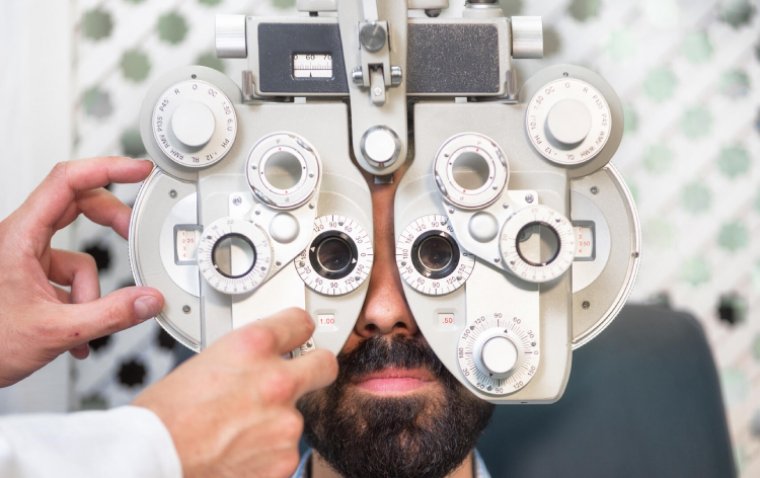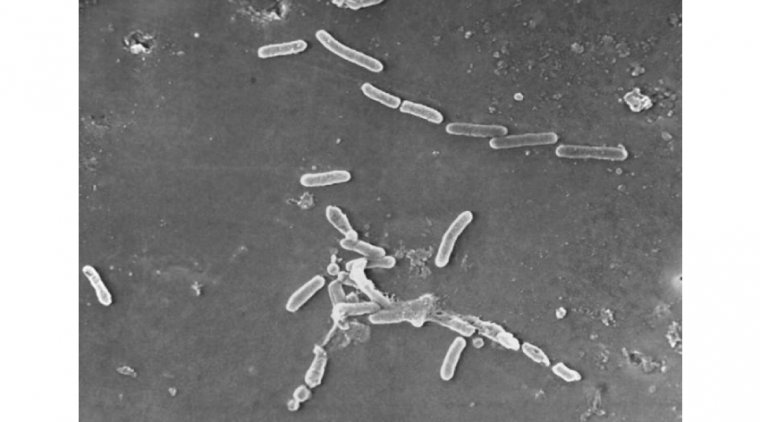
New App Detects Glaucoma, Cataracts and Diabetic Retinopathy in Seconds
Two students on the Master's Degree in Bioinformatics and Biostatistics at the Universitat Oberta de Catalunya (UOC) have successfully developed a mobile app capable of detecting glaucoma, diabetic retinopathy, and cataracts within a matter of seconds. These three conditions are among the most common causes of vision loss and blindness worldwide.
Using artificial intelligence, the app analyzes a selfie and promptly issues a diagnosis. In case of a positive diagnosis, the user is directed towards the most suitable medical specialist for further evaluation and treatment.
Named "BegIA," the project is specifically designed to address the healthcare challenges faced in regions with limited access to medical services. Recognizing its potential to create a positive social impact, the project received the prestigious Ramón Molinas Foundation Prize for Social Impact at the 2023 SpinUOC event. SpinUOC is an entrepreneurship and knowledge transfer program organized by the Hubbik platform in collaboration with UOC.
According to data from the World Health Organization (WHO), approximately 2.2 billion people worldwide suffer from visual impairment or blindness. Alarmingly, half of these cases could have been prevented with early detection and intervention. The BegIA project aims to bridge this gap by facilitating early diagnoses, making healthcare more accessible to those in need.
The project's name, "BegIA," holds significance as it is derived from the Basque word "begia," meaning "eye," symbolizing its focus on ocular health and visual well-being.
"The idea for BegIA came from a personal experience. A relative suffering from type 2 diabetes began to lose a great deal of sight, to the point that they could no longer drive or read," explained Igor García Atutxa and Francisca Villanueva. "They developed diabetic retinopathy, an eye disease that causes vision loss and whose impact can be reduced with early diagnosis," they added.
Early diagnosis of eye diseases often requires a specialist in ophthalmology and optical instruments to examine the back of the eye. While this service is readily available in developed countries and urban areas, individuals living in rural or developing regions face challenges in accessing such tests.
AI and Algorithms
To address this issue, García Atutxa, a physicist specializing in data analysis, and Francisca Villanueva-Flores, a biochemist specializing in degenerative diseases, have developed groundbreaking technology capable of providing an ophthalmic pre-diagnosis that can distinguish between different diseases simultaneously.
Their innovation, known as BegIA, employs a neural network artificial intelligence algorithm that utilizes deep learning techniques to identify eye diseases in a frontal image captured through a mobile selfie.
To develop the algorithm, they trained it using images provided by Mexico's Instituto Tecnológico y de Estudios Superiores de Monterrey, where Villanueva-Flores conducts her research. They are currently collaborating with hospitals and diabetes associations to obtain images with greater variability, which will enhance the algorithm's training process.
Aligned with the principles of WHO's VISION 2020 project for blindness prevention, the creators anticipate that BegIA could hit the market within two years.
The images used in their research depict patients with retinopathy, glaucoma, or cataracts. The algorithm utilizes calculations to analyze the specific image and deliver accurate results. As they obtain more images, the algorithm becomes more robust and accurate.
In addition to the algorithm, the master's degree students from UOC have developed an initial version of the BegIA mobile app for Android. The app not only detects diseases but also offers additional functionalities, enabling it to work on mobile phones with limited computational capacity.
The BegIA mobile app caters to both the medical community and potential patients. Apart from enabling early diagnosis of ophthalmological conditions, it facilitates remote medical monitoring. Patients can track the effectiveness and progression of their treatment plans through images captured with the app, eliminating the need for extensive travel and costly ongoing medical care.
(1).jpg)
